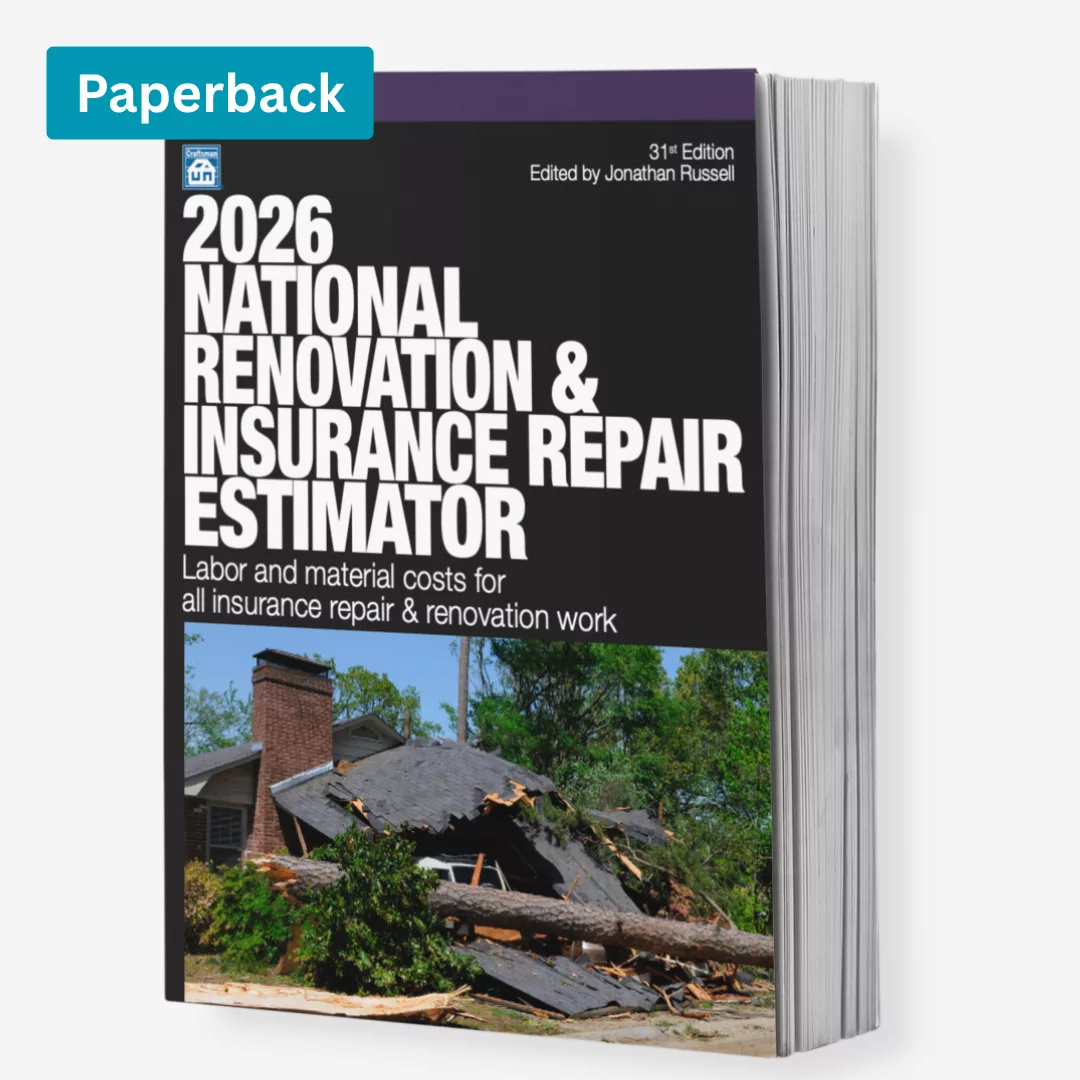Appraisal – An Effective Method for Dispute Resolution

Restoration practitioners often encounter situations where there are significant differences in opinion between their repair estimates or invoices and those of insurance companies. This often leads to repair activities having to stop until an agreed scope and cost can be reached. This extends displacement of the insured, business interruption, mechanics’ liens, as well as adding costs for storing personal property and a wide range of other problems.
Most property insurance policies contain specific language designed to help resolve disputes between the insured and the insurer. This is known as the appraisal clause. This clause was written into insurance policies over a century ago and was created to provide a mechanism where the insured and insurer can resolve their differences regarding the value of the loss without having to go through a lawsuit.
In the restoration industry today, there seems to be a growing trend where insurance claims are becoming increasingly contested. Some say this is due in part to managed repair programs dictating scope and repair costs, as well as inexperienced or overwhelmed adjusters writing insufficient estimates. On the other hand, some say insureds aretrying to inflate their claims or game the system. Whatever the case may be, restorers often find themselves caught in the middle and need to understand what the appraisal clause is and how it is used to resolve disputes.
Here is an example of an appraisal clause:
“In case the insured and this company shall fail to agree as to the actual cash value or the amount of loss, then, on the written request of either, each shall select a competent and disinterested appraiser and notify the other of the appraiser selected within 20 days of the request. Where the request is accepted, the appraisers shall first select a competent and disinterested umpire; and failing for 15 days to agree upon the umpire, then, on request of the insured or this company, the umpire shall be selected by a judge of a court of record in the state in which the property covered is located. Appraisal proceedings are informal unless the insured and this company mutually agree otherwise. For purposes of this section, "informal" means that no formal discovery shall be conducted, including depositions, interrogatories, requests for admission, or other forms of formal civil discovery, no formal rules of evidence shall be applied, and no court reporter shall be used for the proceedings. The appraisers shall then appraise the loss, stating separately actual cash value and loss to each item; and, failing to agree, shall submit their differences, only, to the umpire. An award in writing, so itemized, of any two when filed with this company shall determine the amount of actual cash value and loss. Each appraiser shall be paid by the party selecting him or her and the expenses of appraisal and umpire shall be paid by the parties equally.”
Appraisal vs. Arbitration
Although appraisal and arbitration are often confused as being one and the same, the two are very different. Here is an excerpt from Johnny Parker of the University of Tulsa College of Law: “There are two major differences between appraisement and arbitration. First, unlike arbitration, appraisement is not a quasi-judicial proceeding. Instead, the parties only contract for a third person to determine the value of the property or amount of the "loss"-a contract term-according to the method provided in the policy. Second, an appraisement is not a means of resolving the issue of liability under an insurance policy. Rather, it only determines the amount of an acknowledged liability which has not been agreed upon by the parties.” 1
Pros and Cons of Appraisal vs. a Lawsuit
Here are some general pros and cons of appraisal versus litigation, but keep in mind that there are always exceptions:
- Faster – expedient
- Relatively less costly
- May be less adversarial
- No appellate potential
- Must pay fees/costs
- Informal procedure
Appraisal can be:
- Slower – protracted
- Generally more costly
- More adversarial
- Appeal is possible
- May recover fees/costs
- Strict procedures
A lawsuit can be:
Appraisal is often touted to be more cost effective than a lawsuit, but there are situations where the opposite may be true. For example, when a public adjuster and an attorney represent the insured, both will take a percentage of the claim proceeds out of the final settlement amount. In addition, the insured will also have to pay their deductible, appraisers’ fees, costs for any outside experts, and half the cost of the umpire. The combined costs of appraisal in this scenario can result in a significant reduction in the net proceeds the insured receives if any.
Selecting The Right Appraiser is Crucial!
One of the keys to appraisal is hiring the right appraiser. Although the appraisal clause states that an appraiser needs to be competent, disinterested, and impartial, he or she should also have other qualifications, such as:
- They should have a good understanding of insurance claims
- They should have prior experience as an appraiser and understand the appraisal process
- They should know restoration techniques and the industry standards of care
- They should be proficient with estimating software that has up-to-date pricing
- They should have strong negotiating skills
- They should be able to prepare briefs to support their position on items that have to be submitted to the umpire
The Appraiser Needs to Be Disinterested and Impartial
The requirement that appraisers need to be disinterested means they should be free from bias, prejudice or partiality, and not having a financial interest in the outcome of the appraisal. For example, appraisers should not be related to the parties or their employees or representatives, nor should appraisers have a business relationship with anyone involved. Appraisers shouldn’t work on a contingency or commission basis, but rather by the hour or for a flat fee.
The last thing you want is to go through all the time and expense of an appraisal only to have the award overturned later on by a court because one of the appraisers broke the rules.
Sources:
Looking for a reprint of this article?
From high-res PDFs to custom plaques, order your copy today!








